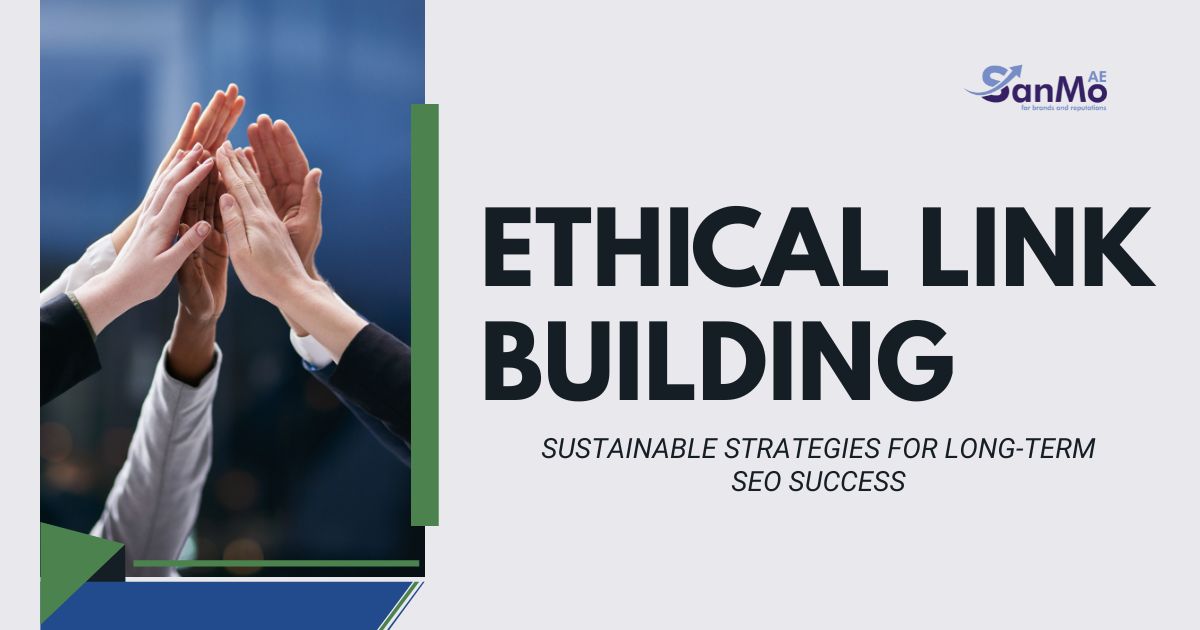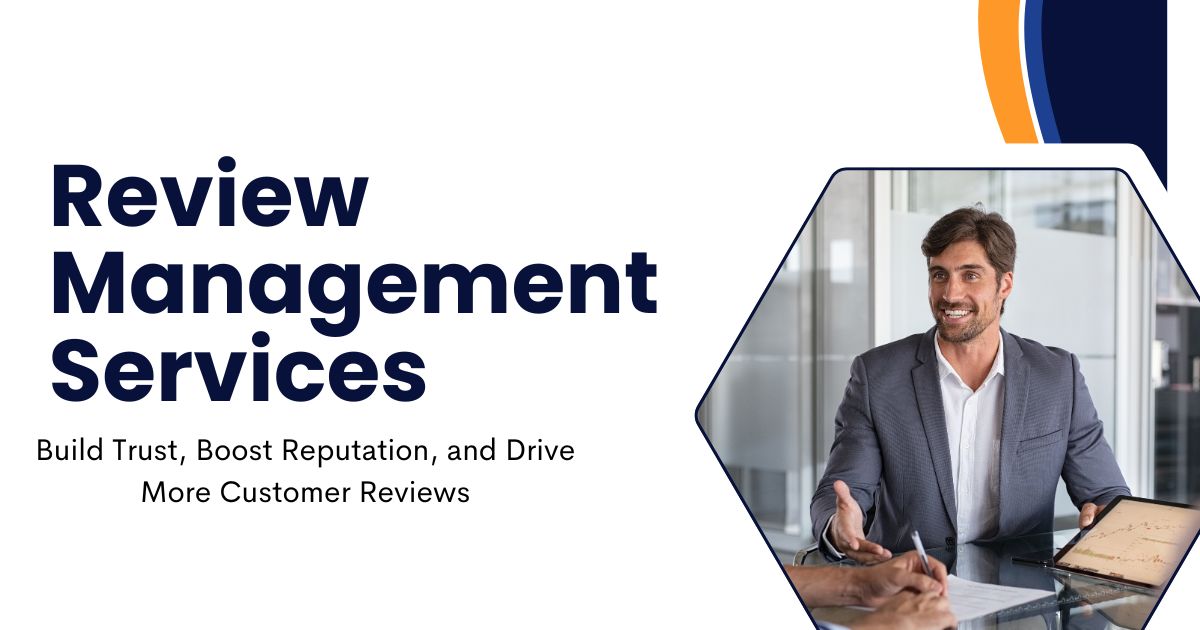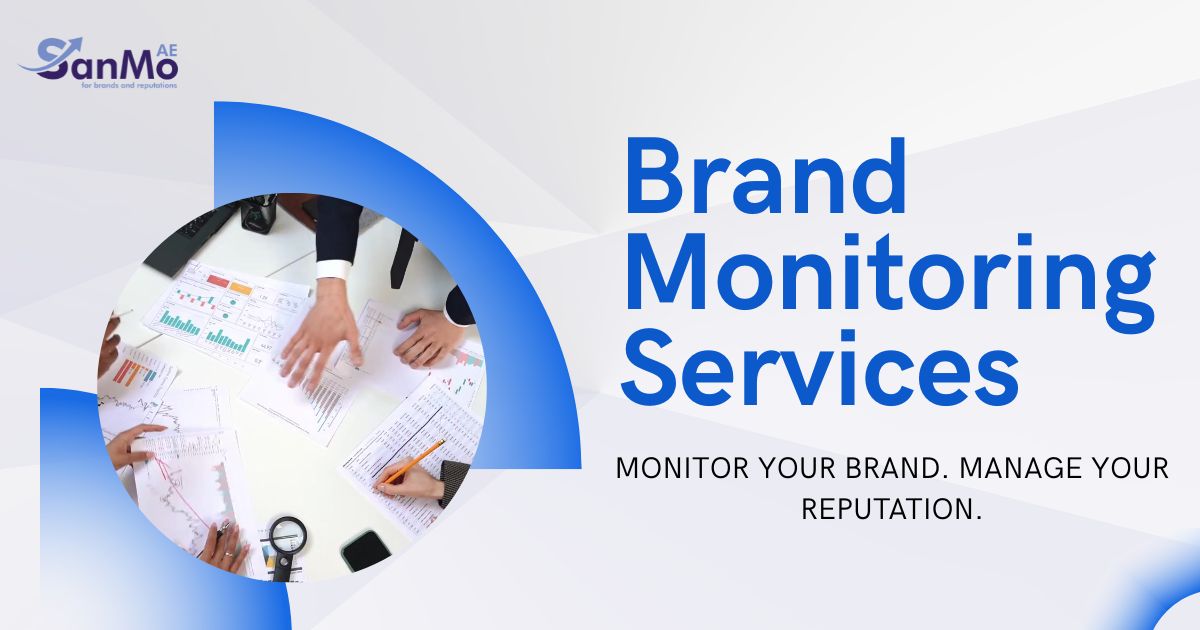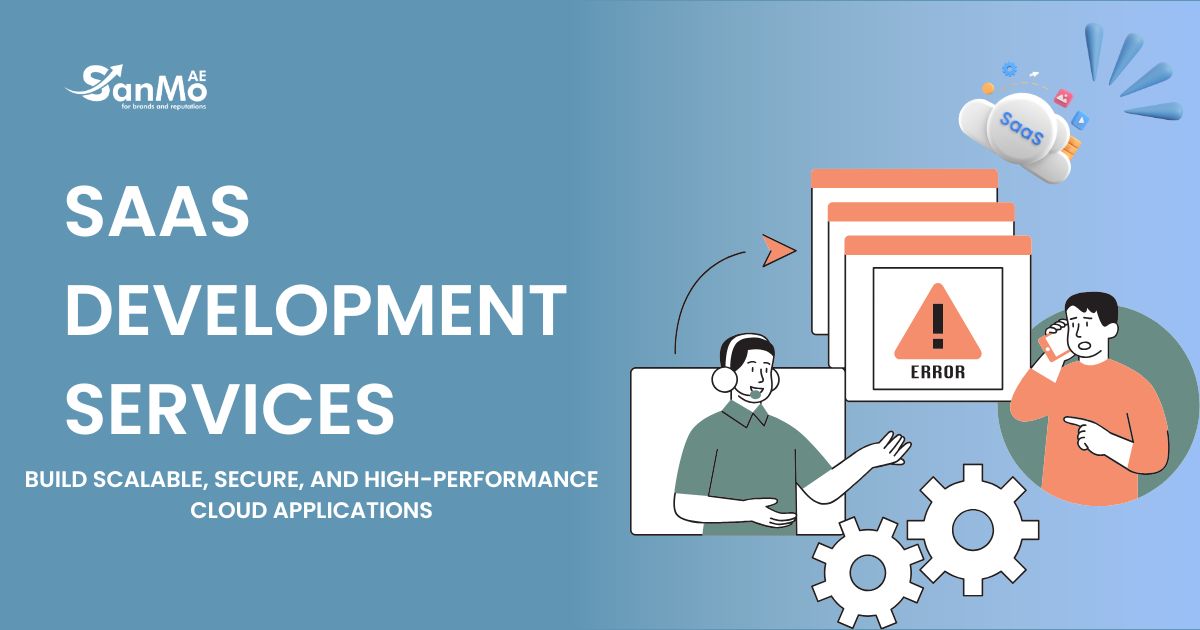Building links to boost your website’s search rankings sounds straightforward enough. But when you dig deeper into the world of SEO, you’ll quickly discover that not all link building strategies are created equal. Some tactics can help establish your site as a trusted authority, while others might land you in hot water with search engines.
Ethical link building focuses on earning high-quality backlinks through legitimate, value-driven methods that benefit both your website and the broader online community. Rather than trying to game the system with manipulative tactics, ethical approaches prioritize creating genuine relationships and providing real value to users.
This distinction matters more than you might think. Search engines like Google have become increasingly sophisticated at identifying and penalizing websites that engage in questionable link building practices. Sites that rely on unethical methods often see their rankings plummet overnight, sometimes taking months or years to recover.
Understanding the difference between ethical and unethical link building isn’t just about avoiding penalties—it’s about building a sustainable SEO strategy that will serve your business well for years to come.
Understanding Ethical vs. Unethical Link Building
What Makes Link Building Ethical?
Ethical link building revolves around earning links naturally through merit. When other websites link to your content because it provides genuine value to their audience, you’ve achieved the gold standard of link building. These links feel organic because they are organic.
The key characteristics of ethical link building include:
Transparency in all communications and partnerships. When reaching out to other websites, ethical practitioners are upfront about their intentions and maintain honest relationships with webmasters and content creators.
Focus on quality over quantity. Rather than pursuing hundreds of low-quality links, ethical link builders concentrate on securing fewer, higher-quality backlinks from relevant, authoritative sources.
Value-first approach. Every outreach effort and content piece should provide something meaningful to the target audience, whether that’s useful information, entertainment, or solutions to common problems.
Respect for guidelines. Ethical link builders follow search engine guidelines and website policies, never attempting to circumvent rules or exploit loopholes.
Red Flags of Unethical Practices
Unethical link building typically involves tactics designed to manipulate search engine rankings without providing genuine value. These practices often violate search engine guidelines and can result in severe penalties.
Common unethical practices include:
Buying links directly. Paying websites purely for the purpose of placing a link, without any editorial consideration or value exchange, violates most search engine guidelines.
Participating in link schemes. This includes link farms, private blog networks (PBNs), and reciprocal linking agreements designed solely to inflate link counts.
Using automated link building tools. Software that automatically submits your website to hundreds of directories or creates spammy backlinks falls squarely into unethical territory.
Deceptive anchor text optimization. Overusing exact-match anchor text or hiding links in irrelevant content signals to search engines that you’re trying to game the system.
Core Principles of Ethical Link Building
Create Link-Worthy Content
The foundation of ethical link building starts with your content. Websites link to resources that provide value to their audience, so creating link-worthy content should be your first priority.
Research-backed articles, comprehensive guides, original data studies, and useful tools naturally attract links because they serve as valuable resources for other content creators. When you publish something genuinely helpful, other websites want to reference it.
Consider what gaps exist in your industry’s content landscape. What questions do your target audience frequently ask? What topics could benefit from more thorough coverage? By addressing these needs, you create content that others will naturally want to cite and share.
Build Genuine Relationships
Sustainable link building relies heavily on relationships within your industry. Rather than sending cold outreach emails to hundreds of websites, focus on building authentic connections with key influencers, journalists, and content creators in your space.
Engage meaningfully with their content on social media, attend industry events, participate in online communities, and offer value before asking for anything in return. These relationships often lead to natural linking opportunities as you become a trusted source within your network.
Remember that relationship building takes time. The most valuable connections develop gradually through consistent, genuine interactions rather than immediate transactional exchanges.
Focus on Relevance and Authority
Not all links carry equal weight. Search engines evaluate links based on the relevance and authority of the linking website. A single link from a highly respected industry publication can be worth more than dozens of links from unrelated or low-quality sites.
When evaluating potential link opportunities, consider:
Topical relevance. Does the linking website cover topics related to your industry or expertise area?
Domain authority. How established and trusted is the potential linking site?
Audience overlap. Would the website’s readers find your content valuable?
Editorial standards. Does the site maintain quality content standards and editorial oversight?
Effective Ethical Link Building Strategies
Digital PR and Earned Media
Digital PR represents one of the most sustainable approaches to ethical link building. By creating newsworthy content and building relationships with journalists and industry publications, you can earn high-quality links through legitimate media coverage.
This might involve commissioning original research studies, commenting on industry trends, or positioning your company leaders as expert sources for relevant topics. The key is providing genuine value to journalists and their audiences rather than simply seeking promotional coverage.
Resource Page Link Building
Many websites maintain resource pages that curate helpful links for their audience. These pages present excellent opportunities for ethical link building, provided your content genuinely deserves inclusion.
Research websites in your industry that maintain resource pages, then evaluate whether your content would genuinely benefit their audience. When reaching out, focus on how your resource adds value rather than what you hope to gain.
Guest Content Creation
Creating valuable content for other websites can earn you quality backlinks while expanding your reach. The key is focusing on providing exceptional value to the host website’s audience rather than treating guest posting as a purely link-building exercise.
Pitch unique, well-researched topics that align with the target website’s content strategy and audience interests. Your goal should be creating content so valuable that readers naturally want to learn more about your expertise.
Broken Link Building
This strategy involves identifying broken links on relevant websites and offering your content as a replacement. When executed thoughtfully, broken link building provides value to webmasters while earning you quality links.
Use tools to identify broken links on relevant industry websites, then create or identify existing content that could serve as a suitable replacement. Your outreach should focus on helping the webmaster improve their user experience rather than simply promoting your own content.
Building Long-Term Success
Measuring Ethical Link Building Success
Success in ethical link building requires looking beyond simple link counts. While quantity matters, quality metrics provide better insights into your strategy’s effectiveness.
Monitor the authority and relevance of linking domains, track referral traffic from backlinks, and observe changes in your search rankings for target keywords. These metrics help you understand which strategies deliver the most value.
Pay attention to the types of websites linking to your content. Are they industry-relevant? Do they have engaged audiences? Are the links generating meaningful traffic? These qualitative factors often matter more than raw link volume.
Avoiding Common Pitfalls
Even well-intentioned link building efforts can cross ethical boundaries if you’re not careful. Some common pitfalls include:
Over-optimizing anchor text. While you want some keyword-rich anchor text, natural link profiles include varied anchor text that reads organically.
Focusing solely on search engines. Remember that real people will click these links. Prioritize user experience and genuine value over search engine optimization alone.
Ignoring website guidelines. Always review and respect individual website guidelines regarding guest content and link requests.
Rushing the process. Ethical link building takes time. Attempting to accelerate results often leads to cutting corners and compromising quality.
The Path Forward
Ethical link building isn’t just about following rules—it’s about creating genuine value for users and building sustainable online relationships. While unethical tactics might offer short-term gains, they carry significant risks and rarely provide lasting benefits.
The most successful websites consistently earn links by serving their audiences exceptionally well. Focus on creating outstanding content, building meaningful relationships, and contributing positively to your industry’s online ecosystem.
Start by auditing your current link profile and content strategy. Identify opportunities to provide more value to your audience and industry peers. Remember that ethical link building is a marathon, not a sprint, but the results are far more sustainable and valuable in the long run.








